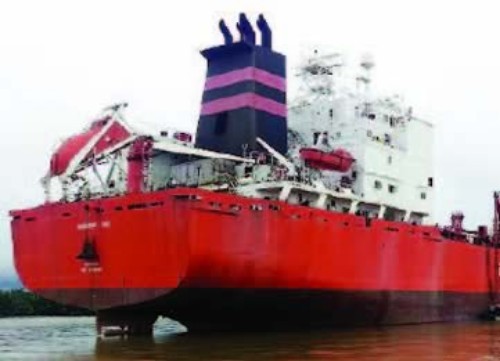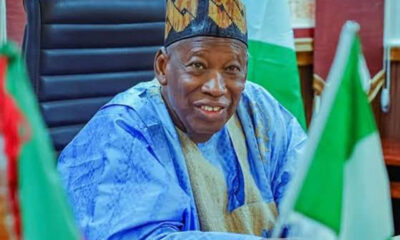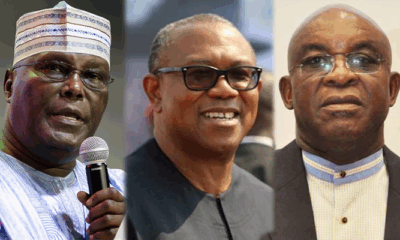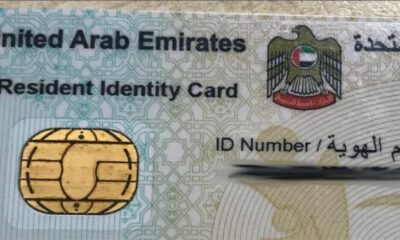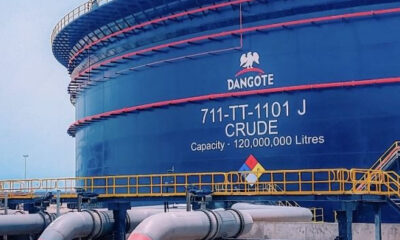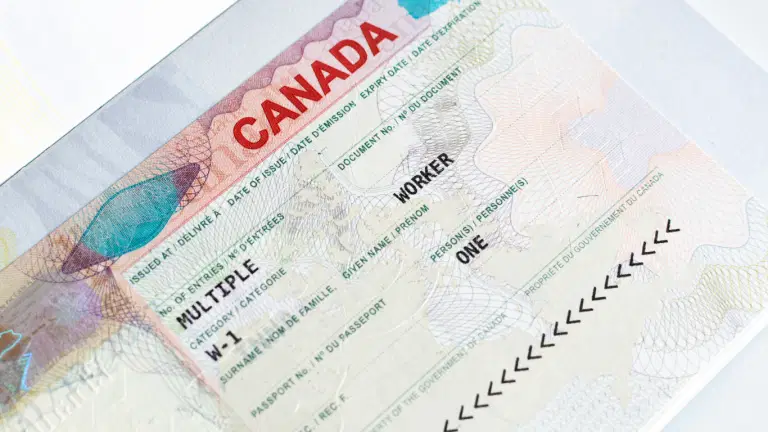Three major oil marketers are expecting ships carrying imported Premium Motor Spirit, also known as petrol, to arrive in Nigeria this week.
This is according to information gathered on Tuesday, assuming there are no unexpected problems.
Dealers stated that approximately 141 million liters of PMS are being transported to Nigeria by these ships. This follows the complete deregulation of the downstream oil sector by the Federal Government.
They also mentioned that the recent increase in the pump prices of petrol produced by the Dangote Petroleum Refinery and released by the Nigerian National Petroleum Company Limited on Monday has created space for PMS imports.
This announcement comes as the Nigerian Midstream and Downstream Petroleum Regulatory Authority declared that all imported PMS will undergo at least three major tests by the agency before being allowed for sale nationwide.
On Monday, NNPC announced that it would sell the petrol lifted from the Dangote refinery at a price above N1,000/litre in the far north.
Its spokesperson, Olufemi Soneye, disclosed in a statement titled, ‘NNPC Ltd Releases Estimated Pump Prices of PMS from Dangote Refinery Based on September 2024 Pricing’.
Soneye explained that the price may go for as high as N1,019/litre in Borno State and N999.22 in Abuja, Sokoto, Kano, and others.
In Oyo, Rivers, and other areas in the South, it will be N960/litre. The lowest price, according to an infographic released by the NNPC, is N950 in Lagos and its environs.
Reacting to this on Tuesday, a major marketer confirmed that the deregulation of the downstream sector had fully set in, stressing that three dealers are expecting their products (PMS) this week.
The marketer, who spoke to our correspondent in confidence due to lack of authorisation to speak on the matter, stated that each vessel would bring in about 35,000 metric tonnes of PMS.
This means the three dealers are expecting about 105,000 metric tonnes of PMS this week, all things being equal.
Going by the conversion rate of 1,341 litres to one metric tonne, it, therefore, implies that the marketers are bringing in about 141 million litres of petrol.
“Most marketers often import three parcels for this kind of transaction and the lowest parcel is about 35,000 metric tonnes of PMS. Now, because of how the business is run, you see marketers bringing in between two and three parcels.
“This week, we expect about three marketers to bring in products. However, some of these imports are not cast in stone, in the sense that the influence of many regulatory authorities is still there. So it is not that you will just go and bring in products and you then start to sell them.
“The regulators, such as the NMDPRA, have to look at the quality, flash points and so many other things that should be taken into consideration before the product comes in. And when it lands, they will take samples and check them in their labs,” the marketer stated.
On whether the three parcels of each of the marketers would land this week, the dealer replied, “All of them are not going to bring in the three parcels at the same time. They bring in a parcel first and later, say in one week time or so, another parcel comes in. All these imports have storage implications.
“It is not something you do in a day. You can’t bring in one vessel today (Tuesday) and you bring in another one on Saturday. No, it is not done like that. This is not the importation of 20,000 or 30,000 litres of PMS.”
When contacted, the spokesperson of the NMDPRA, George Ene-Ita, said marketers with approved import licenses were free to import PMS, but stressed that the products must be subjected to three major tests by the agency.
“The products must be subjected to our testing protocols at the ports. The products must conform to stipulated standards before we give them the authorisation to offload to their terminals.
“Also, before the smaller vessels bring it further inland to Nigeria our people will fly to the place to see the product and carryout some tests to ensure the right specification is upheld.
“Tests are also done at the products’ origins. And when the products come in, before they are released to the market, further tests would be conducted to ensure that they meet the specifications,” he stated.

 BIG STORY2 days ago
BIG STORY2 days ago
 BIG STORY5 days ago
BIG STORY5 days ago
 BIG STORY2 days ago
BIG STORY2 days ago
 BIG STORY2 days ago
BIG STORY2 days ago
 BIG STORY12 hours ago
BIG STORY12 hours ago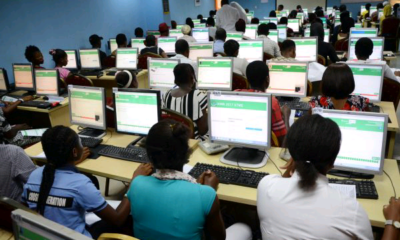
 BIG STORY2 days ago
BIG STORY2 days ago
 BIG STORY11 hours ago
BIG STORY11 hours ago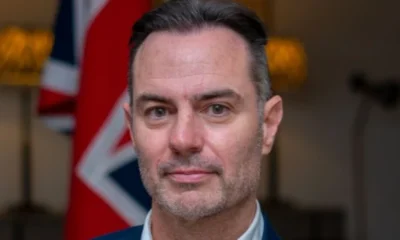
 BIG STORY3 days ago
BIG STORY3 days ago




